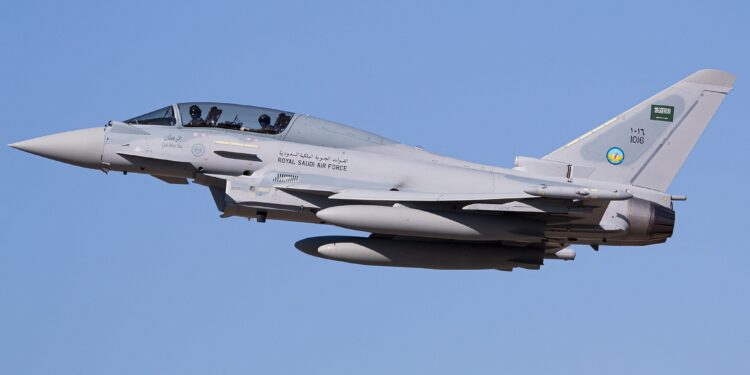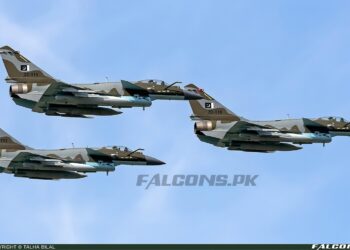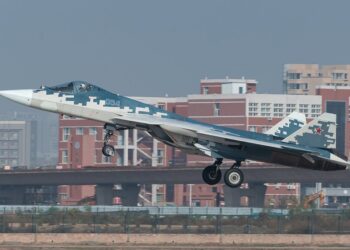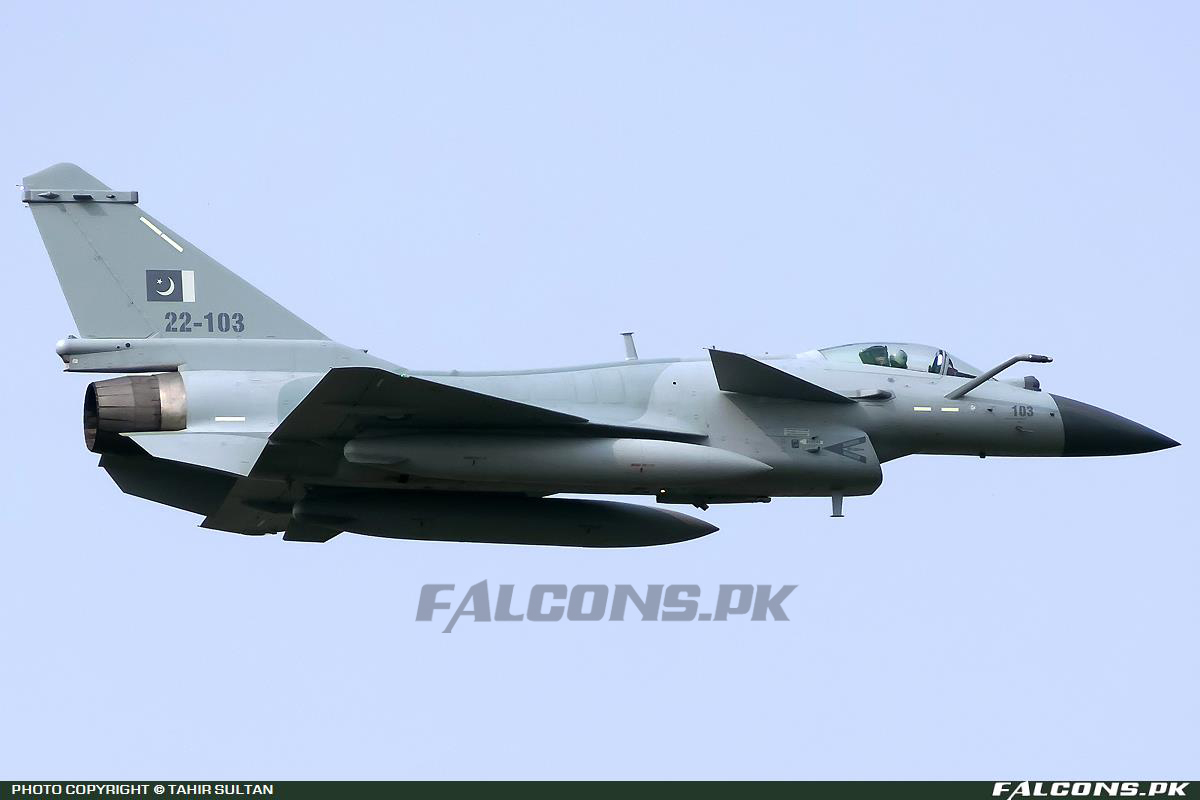Germany could lift the veto preventing the UK from finalizing the sale of up to 48 Eurofighter Typhoon fighter jets to Saudi Arabia.
The Kingdom of Saudi Arabia had started in 2018 to negotiate with the UK the purchase of 48 additional Eurofighter Typhoon fighters for its Air Force (RSAF), which already has 72 units. However, in order to finalize such a deal, the approval of the other members of the Eurofighter consortium – Germany, Spain and Italy – was required.
But due to the kingdom’s actions during the war in Yemen against the Houthis and the brutal murder of dissident journalist Jamal Khashoggi, which took place in the Saudi Arabian embassy in Turkey, Berlin systematically vetoed the sale of weapons systems to Riyadh.
The situation remained stagnant for years, until following the end of Nord Stream pipeline operations after the Russian invasion of Ukraine, Chancellor Olaf Scholz had to turn to the Gulf countries to try to alleviate their energy crisis. As a result of these agreements, the tap of German defense exports to Saudi Arabia began to open, although approval for the export of Eurofighter fighters remained in the mists.
Faced with this situation, Riyadh turned to Paris and began preliminary negotiations to acquire 54 Dassault Rafale fighter jets. But the French were under little illusion about the prospect, fearing that the whole affair was nothing more than a ploy to pressure Berlin to lift the veto. It seems they were right to be cautious.
Annalena Baerbock, German Foreign Minister, said during a recent meeting with Israeli government representatives in Jerusalem that “Germany is ready to accept the delivery of more Eurofighter fighter jets to Saudi Arabia”.
Berlin’s change of position appears to be an acknowledgement of Riyadh’s efforts in facilitating the release of hostages held by Hamas. Baerbock also noted how the Saudi Armed Forces are making efforts to intercept Houthi missile and drone attacks targeting Israeli territory.
While the “lion’s share” of the business of selling Eurofighter fighters to Saudi Arabia would go to the UK, the production of 48 new units would positively impact the defense industry workload of the remaining consortium partners, who have also been pressuring the Olaf Scholz government for some time to soften its position.






